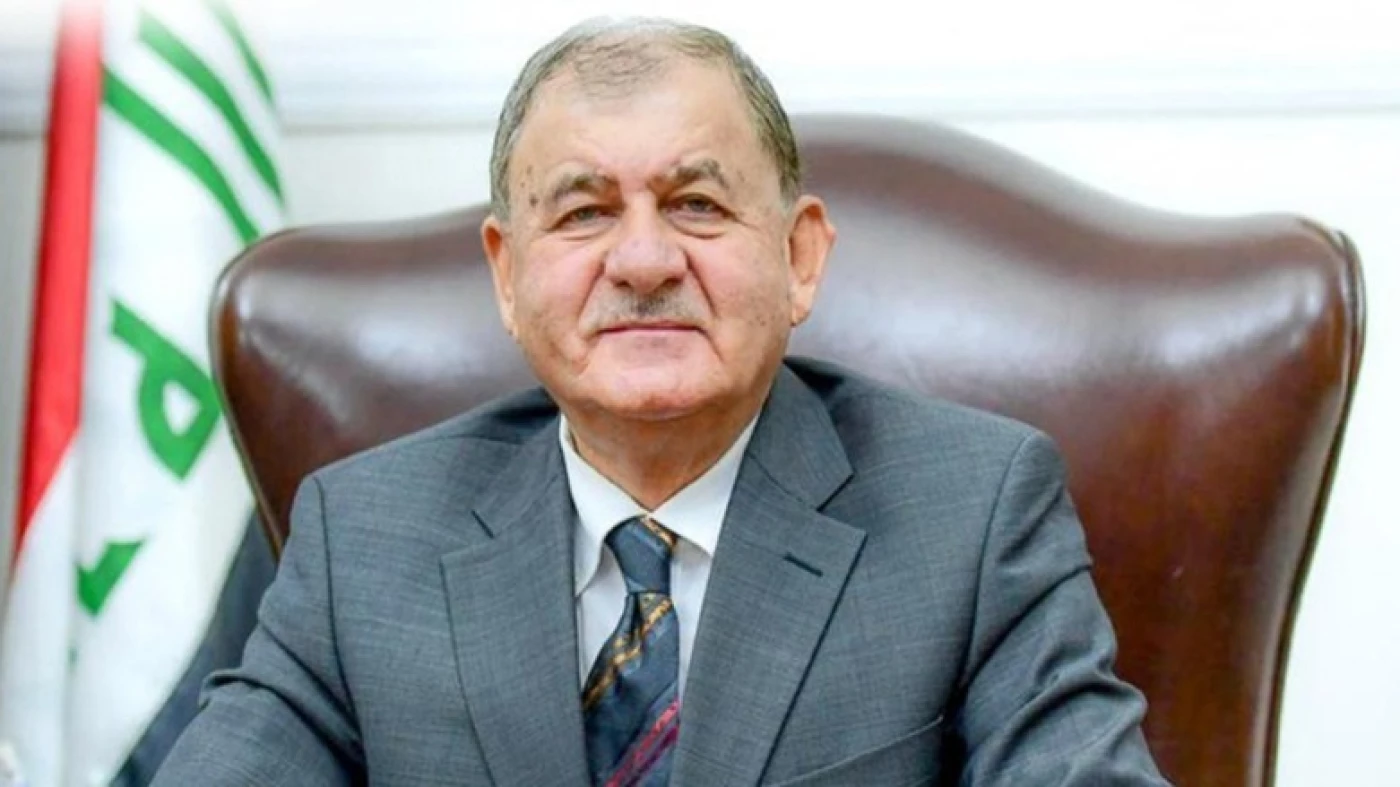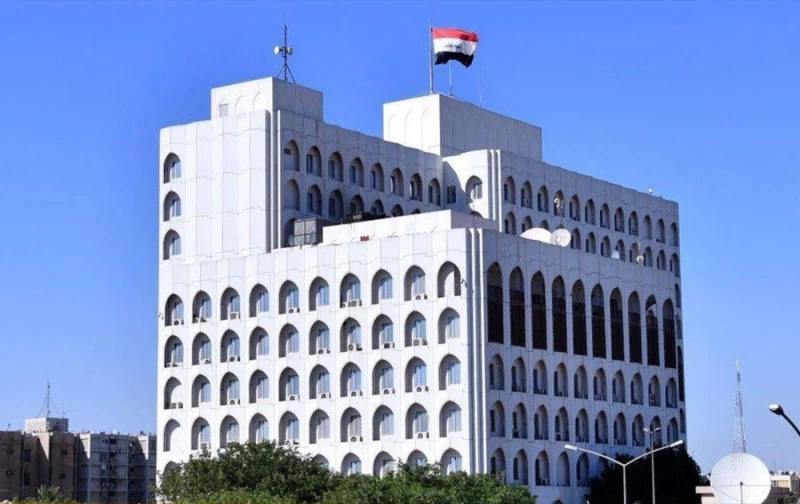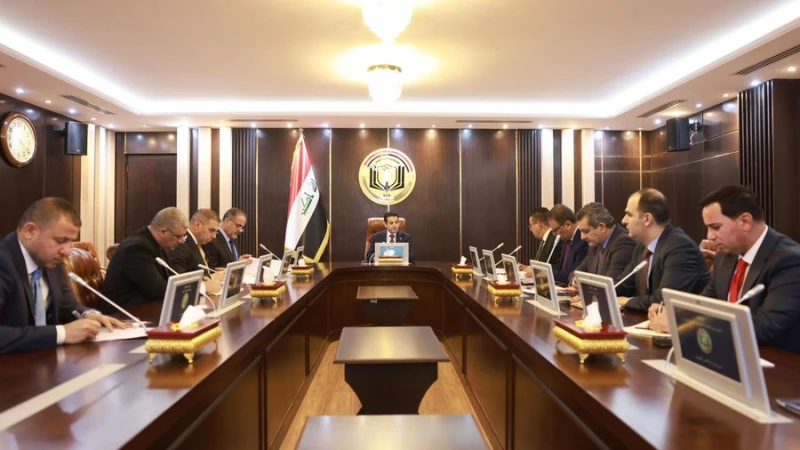Iraqi President Abdul Latif Rashid on Tuesday called on members of the Iraqi Parliament to swiftly elect a new Parliament Speaker in a post on X platform.
In his statement, Rashid emphasized the need for the legislative body to resume its crucial roles in legislation and oversight. He urged representatives to act promptly to fulfill their duties and advance the interests of the Iraqi people.
"The election of a new Speaker is essential for continuing our legislative and oversight functions," Rashid said, highlighting the importance of moving forward to meet the aspirations of the nation.
The position has been vacant since November after the Federal Supreme Court revoked former Speaker Mohammed al-Halbousi’s membership over allegations of forgery.
In May, the Iraqi parliament faced another setback in electing a new Speaker when a brawl broke out among MPs during the third round of voting.
The last attempt at electing a speaker had MP Salem al-Issawi and Sunni Taqaddum-backed Mahmoud al-Mashhadani vying for the position.
Despite high attendance, with 311 of the 329 members casting votes, neither candidate secured the required 167 votes in the first two rounds.
As the third round was about to begin, a brawl erupted, leading to the session being adjourned.
Acting Speaker Muhsin al-Mandalawi stated that a new Speaker would only be elected once a consensus is reached among all political blocs.
The deadlock highlights the ongoing power struggle, particularly between Taqaddum and the Shiite Coordination Framework, which has controlled the Speaker position through Mandalawi since November.
Despite Taqaddum’s majority of Sunni seats and rightful claim to the Speaker role under Iraq’s power-sharing system, political discord has repeatedly stalled the election process.
In early July, KDP leader Masoud Barzani facilitated a meeting between Iraqi Sunni rivals Khamis al-Khanjar and Mohammed al-Halbousi during his visit to Baghdad, urging them to reach an agreement on electing a new Speaker of Parliament.
This meeting came after months of tension between the two sides. Barzani's intervention aimed to mediate the conflict and expedite the election process, which has been stalled since November.
Despite several attempts, the parliament has repeatedly failed to elect a new Speaker due to ongoing political discord.



 Facebook
Facebook
 LinkedIn
LinkedIn
 Telegram
Telegram
 X
X


